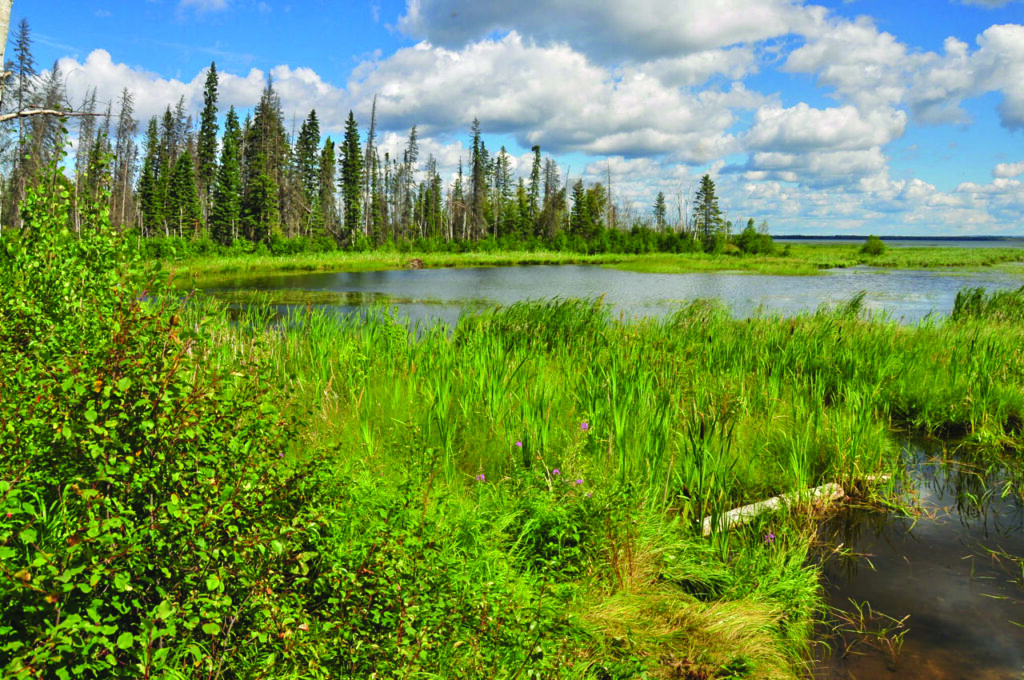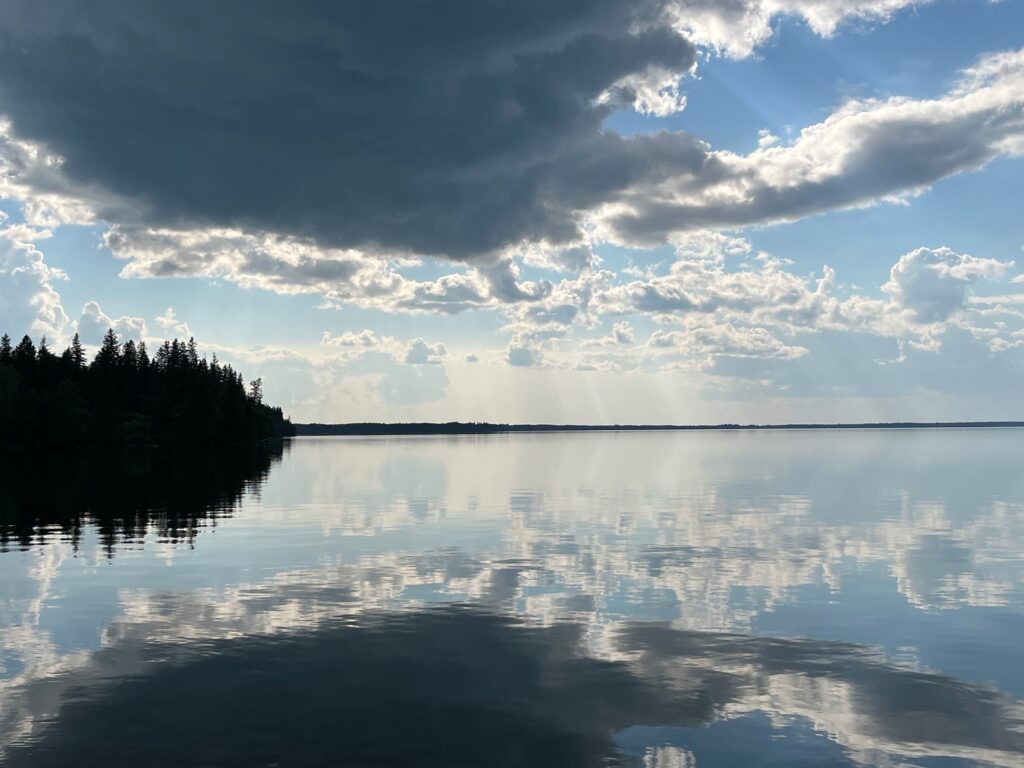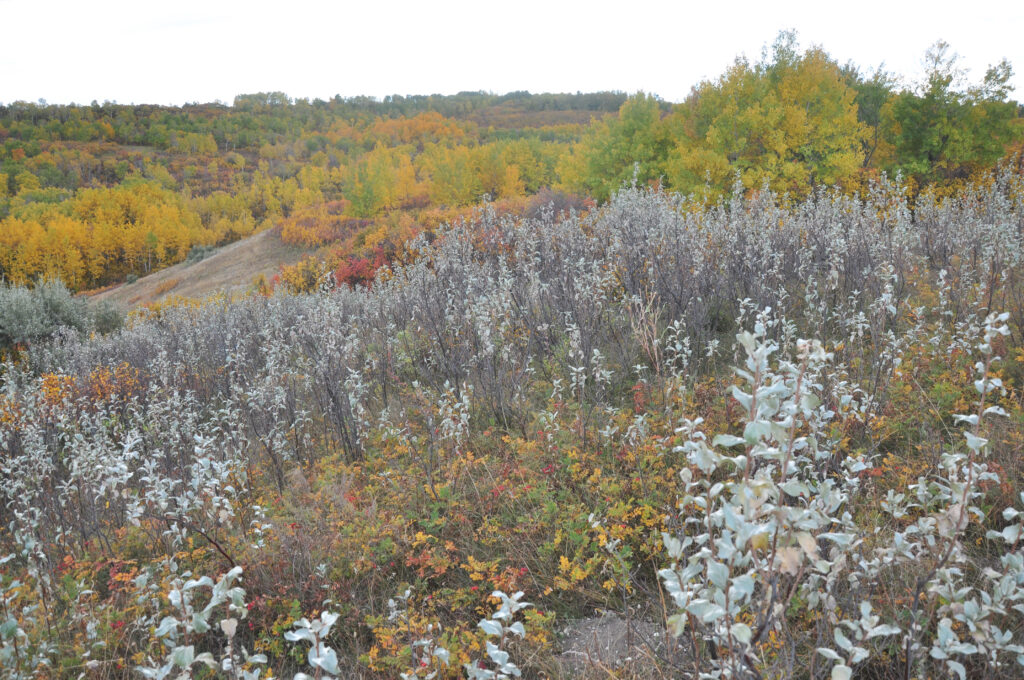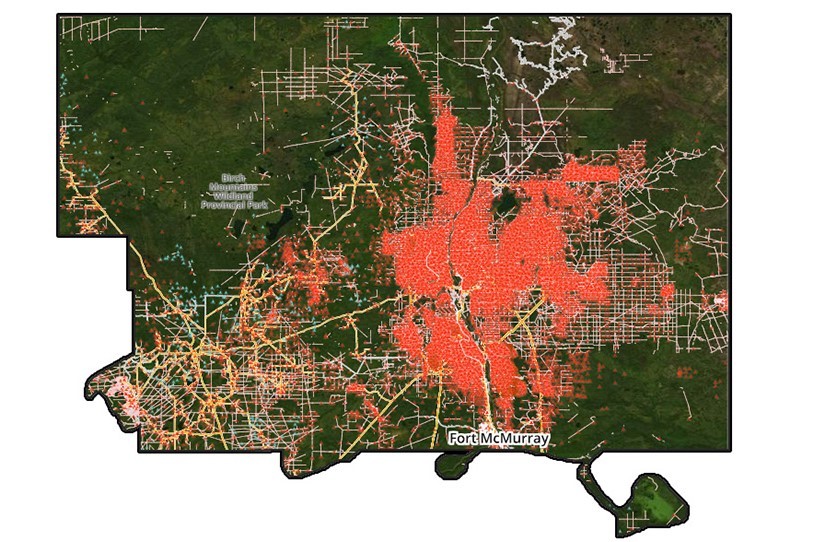New Brunswick Natural Climate Solutions Scenario Analysis

A scenario analysis was completed for the Government of New Brunswick using the ALCES landscape simulation model to explore potential future ecosystem carbon dynamics in the province. The capacity of ecosystems to sequester and store carbon in biomass and soil can be affected by fire and by land uses such as forestry, agriculture, and settlement expansion. A range of datasets and references were applied to identify relationships to track the effect of landscape dynamics and management practices on ecosystem carbon.
Fort McKay Métis Nation Cumulative Effects Assessment and Toolkit

The capacity of environmental impact assessment (EIA) to understand cumulative effects to Indigenous territories in Canada is limited by the narrow scope of assessments and the marginalization of Indigenous knowledge.
Collaboratively Forecasting Landscape Change and Population Dynamics of Barren-ground Caribou

Barren-ground caribou, an ecologically and culturally important species in northern Canada, have been in decline and are threatened in the Northwest Territories (NWT). To improve capacity to explore drivers of caribou declines and test management strategies, the ALCES simulation platform was applied to develop a decision-support tool for five central barren-ground caribou (CBGC) herds (i.e., […]
Riding Mountain National Park Vegetation Modelling

Suppression of fire and extirpation of bison have allowed forest to encroach on grassland, and maintenance of grassland is an important management priority for the park. The ALCES Flow landscape simulator was applied to explore fire and vegetation dynamics in the park in order to inform future management actions such as the use of prescribed fire.
Battle River Cumulative Effects Study

Studying the cumulative effects of development to Indigenous land-use practices in Saskatchewan.
Fort McKay Cumulative Effects Study

An assessment of cumulative effects from resource development in Fort McKay’s Traditional Territory, and identification of land-management tools to mitigate these effects.


